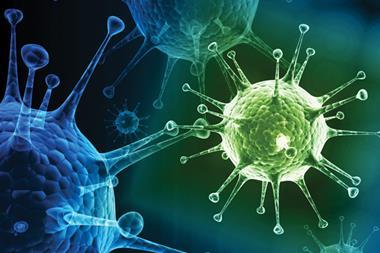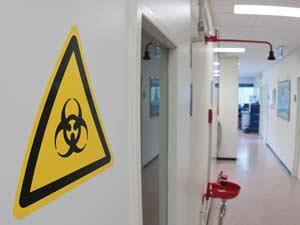US biomedical agency lifts three-year-old funding freeze on ‘gain-of-function’ studies
The US National Institutes of Health (NIH) has lifted what was supposed to be a temporary pause on federal funding of certain gain-of-function (GOF) studies that has been in place since October 2014. The agency will again support GOF experiments on influenza, SARS and MERS viruses. The NIH said this research area, which aims to make some pathogens more dangerous, is important to help identify, understand and develop effective countermeasures against rapidly evolving pathogens.
In October 2014, the Obama administration launched a formal assessment of the potential risks and benefits of this field. That action followed biosafety incidents at federal research facilities, including one in which five potentially harmful infectious agents were stored inappropriately on the NIH’s campus.
After the publication of a framework to guide funding decisions on potential pandemic pathogens the NIH indicated on 19 December that it would start backing GOF studies again. The new framework lays out the scientific merits and potential benefits of the research.
The NIH’s director, Francis Collins, said the new scheme formalises ‘robust oversight’ for federally funded research with enhanced pathogens of pandemic potential. He stressed the importance of ensuring that research with infectious agents is conducted responsibly, and that the potential biosafety and biosecurity risks associated with such research are thoroughly considered.

















No comments yet